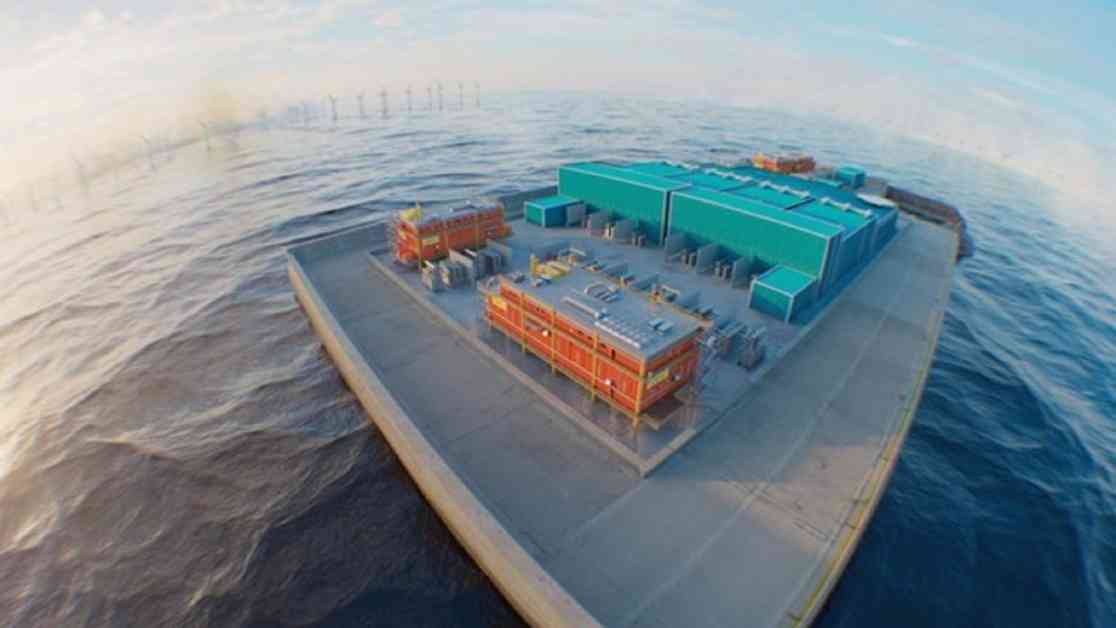The European Investment Bank (EIB) has recently made a significant investment of $703 million in the Princess Elisabeth Island project, which aims to boost sustainable development in Belgium. This initiative is crucial for the green energy transition not only in Belgium but also in the wider European Union.
Princess Elisabeth Island will be located about 45km off the Belgian coast and is set to become the world’s first artificial energy island. The project, scheduled for construction between 2024 and 2027, will integrate an additional 3.5GW of offshore wind capacity into Belgium’s grid, providing enough power for over three million households.
By reducing Belgium’s reliance on fossil fuels, the Princess Elisabeth Island project will not only contribute to the affordability of green electricity but also enhance the nation’s social welfare and industrial competitiveness. Furthermore, the project is expected to play a crucial role in helping the EU achieve its renewable energy and climate-neutrality goals.
The EIB is particularly interested in the innovative aspects of the project, such as hybrid interconnectors and a nature-inclusive design that promotes biodiversity and marine life. These features align with the EU’s focus on reducing fossil fuel dependence and fostering sustainable energy solutions.
The Princess Elisabeth Island project is part of the REPowerEU initiative, which aims to strengthen Europe’s energy security and independence. By investing in this project, the EIB and Elia Transmission Belgium are not only enhancing Belgium’s energy infrastructure but also promoting regional cooperation through vital interconnections with neighboring countries.
The project has also received support from the European Recovery and Resilience Facility under NextGenerationEU, securing a €100 million loan as part of Belgium’s recovery and resilience plan. Elia Group’s interim CEO, Catherine Vandenborre, expressed gratitude for the EIB’s support, emphasizing the benefits of stable, long-term financing with favorable conditions for Belgian consumers.
In conclusion, the Princess Elisabeth Island project represents a significant step towards a sustainable, secure, and resilient energy future for both Belgium and the European Union. This investment underscores the commitment to green energy transition and paves the way for increased cooperation and innovation in the renewable energy sector.

